
Sue Mills: Supporting the Arts From the Ground Up
We are pleased to have Sue Mills as our highlighted donor for the month of March. Sue has a rich and long history with the Arts Council and as an arts supporter in Greater Lansing. She was there when the seeds of the Arts Council were first planted, and she helped our organization grow, establishing relationships with the City of Lansing and other entities to encourage and secure funding for the arts on a grand scale. Her roots in the arts community are strong and ever-present, and we are excited to share her thoughtful responses to our questions. Her answers provide a lovely reflection on the Arts Council and its early beginnings in the region. We are so grateful for Sue and all of her contributions–to our organization–and the arts in our community as a whole.
AC: How did you become introduced to the Arts Council and how many years have you been a fan and supporter?
SM: The original Arts Council was formed in 1965. I, representing the Junior League of Lansing, was asked to serve on a community committee to help create an organization to serve all arts organizations. It was called the Arts Council and consisted of 32 member organizations. Eventually, the name changed to the Metropolitan Lansing Fine Arts Council (MLFAC). In 1974, a community committee, spearheaded by the Lansing State Journal and the Junior League, purchased a building at the corner of Lenawee and Grand streets and developed it into the Center for the Arts. I was a founding member of the Center for the Arts and served on the first board. In 1979, after having two difficult years financially, the MLFAC merged into the more stable organization, the Center for the Arts, and it became the Metropolitan Lansing Fine Arts Council at the Center for the Arts. I was president of the board the first year of the newly merged organization. Our director left in 1983, and the board asked if I would step in as interim director while they did a search. After about six months on the job, the board liked what I was doing, and I enjoyed it, so I accepted the position as the executive director. We eventually shortened the name of the organization to the Arts Council of Greater Lansing. I was executive director until I retired in 2005.
AC: What are some of your favorite memories of your involvement with the organization?
SM: Two fond memories have stayed with me. Knowing the struggles arts organizations had raising funds, I worked very hard to meet with state, city and county officials to establish funding sources for regranting to member organizations of the Arts Council. The Arts Council as an MCACA (now MACC) regranting agency for the minigrant program, the Ingham County Hotel/Motel tax fund regranting program and the financial support for the arts from the City of Lansing are all programs that are with us today in one form or another and are a result of my initial efforts.
The other fond memory is Silver Bells in the City. I was in on the ground floor as a creator and developer of this event, and the Arts Council led it for many years. It started with lots of involvement in the arts. All the cultural institutions in downtown Lansing were open and free that evening. There were entertainers on the mall at every corner, performances at City Hall, Riverwalk Theatre, the Lansing Center, Impression 5, the Library, CATA and the Michigan Historical Center. It was a night of celebration of the arts, which grew to include the Electric Light Parade, fireworks over the Capitol and decorative white lights atop city buildings. Silver Bells remains a major event for downtown Lansing, and I am very proud of my part in the development of it.
AC: What personal connections to arts and culture did you have (or still have) in Greater Lansing?
SM: I have lived in the Lansing area my entire life. As a child, I was involved in theater. My “first big role” was Mother Goose in the 6th grade play. I majored in speech education with emphasis on radio, TV and theatre at Michigan State University and taught speech and drama at Pattengill Elementary out of college. I love and support all forms of art, and most recently, I just concluded my sixteenth year as chair of the Fine Arts Committee at The Peoples Church.
AC: What is important about the arts for you?
SM: When asked why I support the arts, I have always replied, “The Arts are food for the soul.”
AC: What is “your thing” in the arts? What are your favorite arts activities?
SM: I LOVE LIVE THEATRE! Locally, I attend almost all the productions of Williamston Theatre, Peppermint Creek, the Broadway Series at Wharton and Purple Rose in Chelsea. I much prefer live theatre over movies.
AC: What are your hopes for the role of arts and culture in our region in the future?
SM: The arts enhance the fabric of life. I am very excited by news of The Ovation, the new performing arts center for downtown Lansing. Working with the City, the Arts Council was heavily involved in the feasibility study for a center 20-25 years ago. When 9/11 hit, we were in the middle of our financial feasibility study. That was devastating and shifted our emphasis to other things. I hope this long-sought dream can continue toward becoming a reality.
AC: What other things, would you like to share?
SM: When I retired from the Arts Council the board of directors established the Suzanne B. Mills Fund for the Arts, a sub-fund under the Arts Council of Greater Lansing, at the Capital Region Community Foundation. Earnings off this endowed fund help to fund operational support for the Arts Council. For an Arts Council, and all arts organizations, operational funds are an ongoing need and the hardest to raise. I hope others might consider setting up a fund in the Capital Region Community Foundation to support their favorite arts organization. Endowed funds are held in perpetuity and will continue to support their chosen arts organization on an annual basis.
